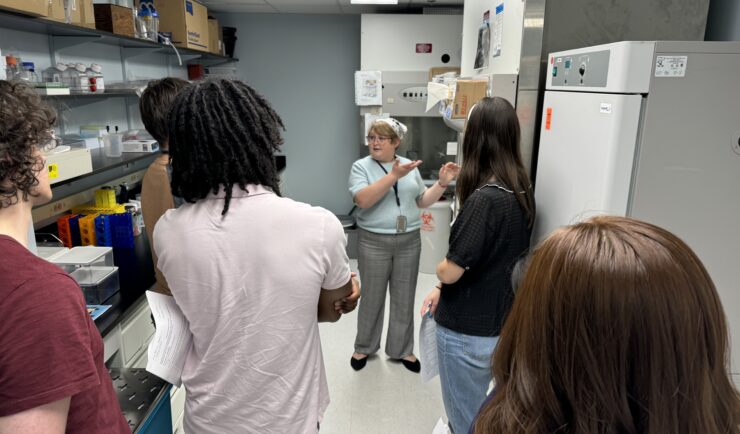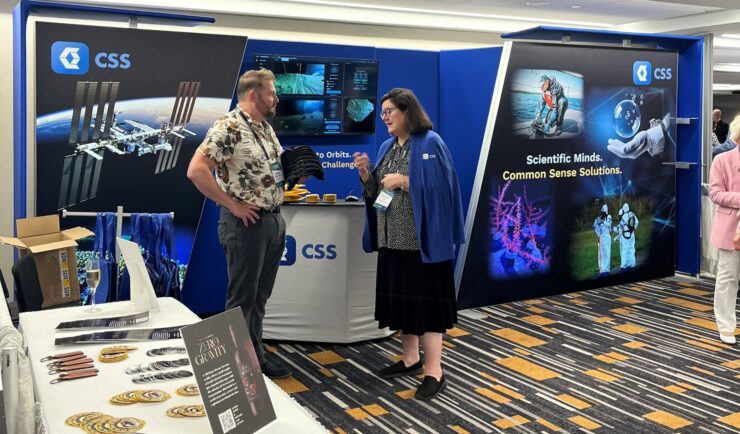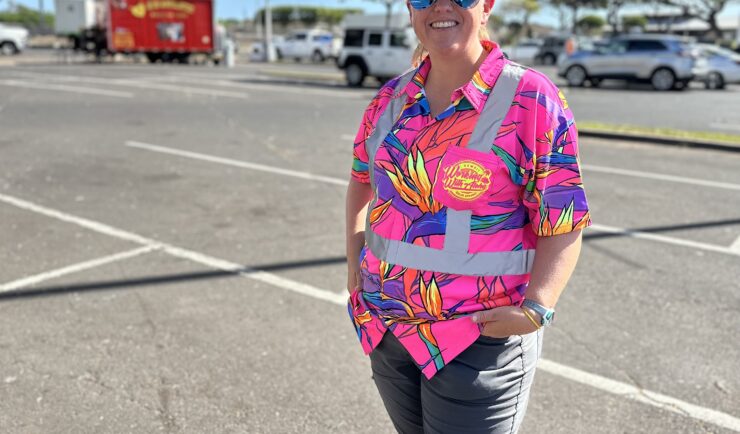Since 1982, members of our staff have supported EPA’s Office of Pesticide Programs. As part of this contract, our staff assess environmental and human health impacts on anthropogenic chemicals. The agricultural industry is critical to food and textile production, it is a large contributor to the U.S. economy. Not only does the industry provide food and materials for the U.S., it also provides products that are high-demand exports for other countries. Our dedicated staff help support this important industry by helping to ensure products used by the agricultural industry aren’t adversely impacting humans, animals, and the surrounding environment.

Our work consists of
- Evaluating pesticide residues in food and feed crops as well as livestock
- Evaluating mammalian toxicity data for agricultural and industrial chemicals
- Determining critical end-points, no-observed-adverse-effect levels and lowest-observed-adverse-effect, reference doses or reference concentrations, and cancer values
- Assessing risk and analyzing weight of evidence
- Evaluating chemical toxicity to non-target species
- Determining no-observed-adverse-effect levels and lowest-observed-adverse-effect levels
- Monitoring movement, metabolism, and degradation of chemicals in the environment
- Evaluating regulatory compliance and quality assurance
For 41 years our staff have been providing these services to EPA’s Office of Pesticide Programs, making this contract our longest client relationship!


See More CSS Insights

Training the Next Generation of Researchers
CSS staff support the National Institutes of Health (NIH) Division of Occupational Safety and Health by providing Safe Techniques Advance Research Science (STARS) training to summer interns. Following a pause during the pandemic, staff resumed training May 15, 2024. During the in-person STARS training, CSS staff cover key concepts from the pre-requisite NIH Lab Safety…

International Space Station Research and Development Conference
CSS recently attended the International Space Station Research and Development Conference in Boston, Massachusetts. This conference is a gathering of professionals conducting research and developing technology in the microgravity environment of space. CSS was a gold sponsor for the conference and co-hosted a session entitled Payload Pandemonium along with the director of payload operations for…

Assisting With Maui Wildfire Recovery
As part of our support to U.S. Environmental Protection Agency (EPA) Region 9 Superfund Technical Assessment & Response Team (START)—for which we are subcontracted through Weston Solutions, Inc.—CSS employee owners have been on-site in three-week rotations to assist throughout the rigorous recovery process.
